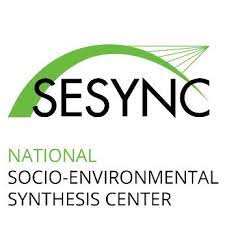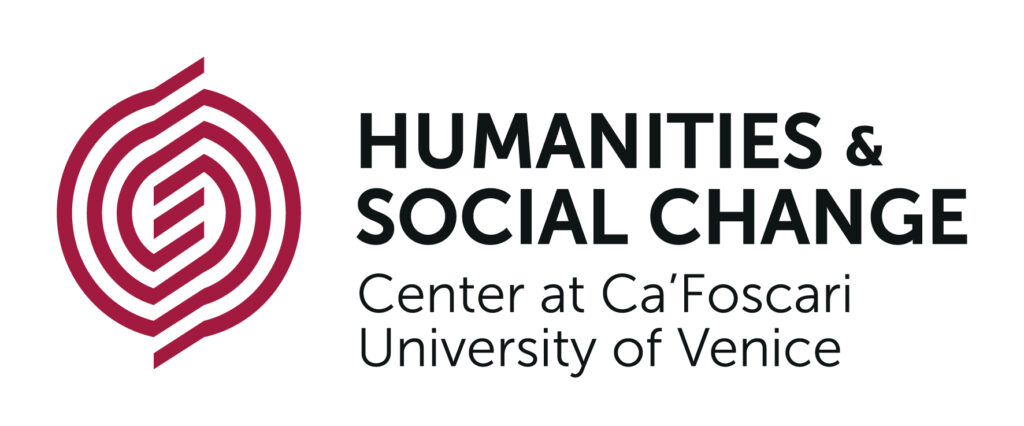Our Networks
IHOPE has collaborations with a number of other networks.
Below a few of these are listed.

IHOPE is one of 20 Global Research Projects under Future Earth , an international platform for research, innovation, and collaboration working to accelerate transformations to a sustainable world. With offices around the world, they harness the experience and reach of thousands of scientists, experts, and innovators from across the globe with the goal of solving the most pressing challenges facing the planet and its people. Future Earth was launched in June 2012 at the UN Conference on Sustainable Development (Rio+20), and it builds on more than three decades of international research on global change.

PAGES (Past Global Changes) is an international effort to coordinate and promote past global change research. The primary objective is to improve our understanding of past changes in the Earth system in order to improve projections of future climate and environment, and inform strategies for sustainability. Several IHOPE members are also active in the PAGES working groups.

SESYNC is the national Socio-Environmental Synthesis Center at the University of Maryland in the United States. SESYNC has worked for 10 years examining the relationship between social systems and environmental systems, and IHOPE has several affiliates actively collaborating with SESYNC.

The Network in Canadian History and Environment (NiCHE) is a decentralized group of environmental researchers that run an online publication, regularly posting academic blog entries on topics related to environmental history, as well as organizing events. IHOPE has affiliate that work with NiCHE and we regularly partner to share relevant activities and upcoming events between our networks.

The European Society for Environmental History (ESEH) promotes the study of environmental history and fosters communications between environmental historians. ESEH has a biennal conference. For the upcoming 2025 conference IHOPE affiliates are involved in the planning of ESEH 2025.

The Global Human Ecodynamics Alliance (GHEA) is an organization of social scientists, natural scientists, historians, educators, students, policy makers, and others interested in promoting cutting-edge research, education, and application of the socioecological dynamics of coupled human and natural systems across scales of space and time.

The Coalition for Archaeological Synthesis (CfAS) seeks to advance the science of the past to shape a more secure and just future. Through synthetic research, archaeologists can identify and understand the deep time social patterns that are invisible at in a short-term view or at a local scale. The Coalition leverages the capacities of its partner organizations and individual associates to foster synthetic archaeological research that expands scientific knowledge and benefits society.

Bifrost is an environmental humanities intervention on climate change led by educators and researchers from the Nordic Network for Interdisciplinary Environmental Studies (NIES) working in close collaboration with numerous partners from civil society.

The Ca’ Foscari University’s center of Environmental Humanities is dedicated to environmental humanities in Italy, with scholars and creative practitioners from varied backgrounds are pooling their energies to explore the climate crisis facing our planet.

ICEHO is the International Consortium of Environmental History Organizations. IHOPE is a member of the consortium and works to incoporate others from the network in the work we publish on our website and events we publicize to our network.

The International Panel on Environmental History & Policy (EnvHist4P) is a global network of interdisciplinary scientists researching the relationship between past societies and their environmental history. Working on historical crises in relation to natural hazards, social vulnerabilities, culture, planned responses and outcome